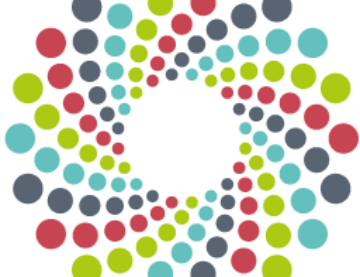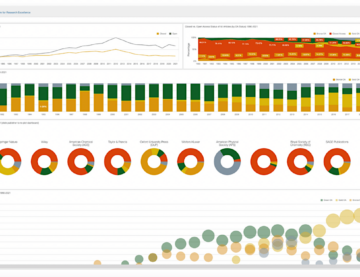
The State of Open Data 2022
The longest-running longitudinal survey and analysis on open data
Growing trend in researchers being in favour of data being made openly available
The State of Open Data is a global survey providing insights into researchers’ attitudes towards and experiences of open data.
In our seventh survey, we asked about motivations and perceived discoverability and credibility of data that is shared openly. With more than 5,400 respondents, the 2022 survey is the largest since the COVID-19 pandemic began.
This year’s report also includes guest articles from open data experts at the National Institutes of Health (NIH), the White House Office of Science and Technology Policy (OSTP), the Computer Network Information Center, Chinese Academy of Sciences (CAS), publishers and universities.
Key findings from this year’s survey
- There is a growing trend in researchers being in favour of data being made openly available as common practice (4 out of every five researchers were in agreement with this), supported somewhat by now over 70% of respondents being required to follow a policy on data sharing.
- However, researchers still cite a key need in helping them to share their data as being more training or information on policies for access, sharing and reuse (55%) as well as long-term storage and data management strategies (52%).
- Credit and recognition were once again a key theme for researchers in sharing their data. Of those who had previously shared data, 66% had received some form of recognition for their efforts – most commonly via full citation in another article (41%) followed by co-authorship on a paper that had used the data.
- Researchers are more inclined to share their research data where it can have an impact on citations (67%) and the visibility of their research (61%), rather than being motivated by public benefit or journal/publisher mandate (both 56%).
Watch the on-demand webinar
Watch today
Find out the latest on researchers’ attitudes toward and practices of open data in the seventh installment of the State of Open Data survey and report. The longest running longitudinal survey and analysis on open data practices, this year’s report pulls together a host of contributive pieces addressing the challenges and opportunities found in the survey results.
Mark Hahnel is the CEO and founder of Figshare. For the last eight years, Mark has been leading the development of research data infrastructure, with the core aim of reusable and interoperable academic data.






